Alcohol Detox
QUIT DRINKING & FIND SOBRIETY
Alcohol Detox
Alcohol Detox Program In The San Francisco
- Written By: Kris Brace, CADC II
- Medically Reviewed By: Riky Hanaumi, LCSW
- September 20, 2023
Alcoholism, or Alcohol Use Disorder (AUD), is a chronic and progressive disease that can lead to severe physical, emotional, familial, and social consequences. While the use of alcohol can be a common pastime to celebrate birthdays, sporting events, weddings, and business meetings, there are individuals. In many instances, this does not indicate problematic drinking, nor does it mean that someone will go on to develop a substance use disorder.
However, there are those who are unable to control their drinking. As their cravings for alcohol intensify, the amount they drink and the frequency in which they drink also increases. In time, with prolonged alcohol abuse, they become preoccupied with obtaining alcohol and experience withdrawal symptoms when attempting to stop.
According to the World Health Organization, over 76 million people worldwide are affected by alcohol use disorders. According to the 2019 National Survey on Drug Use and Health, as many as 15 million Americans met the diagnostic criteria for an alcohol use disorder. Fortunately, there are many alcohol addiction treatment facilities to help individuals heal from the devastating effects of alcohol use disorder.
The most often and necessary first step to recovering from alcoholism and alcohol use disorders is a medically supervised detox where individuals can safely withdrawal from the physical effects of alcohol. Although often challenging, detox is a vital part of the treatment and recovery process. It is vital to cleanse your body from the impact of substances before immersing yourself in the therapeutic portion of an addiction treatment program. At our alcohol detox in San Francisco, we offer a comprehensive and luxury alcohol detox to kickstart the recovery process and find the path to healing.
What Is Alcohol Withdrawal?
Alcohol Withdrawal Syndrome (AWS) or alcohol withdrawal is the range of symptoms an alcohol-dependent person may experience when they suddenly cease their use. Over time, a person’s body and brain become dependent on drinking frequency and use. Going through alcohol withdrawal at home or alone is ill-advised and can be extremely dangerous. Otherwise known as quitting “cold turkey,” suddenly reducing or stopping drinking altogether without the support and guidance of a medically trained team can lead to sudden and potentially fatal withdrawal symptoms. If you are at home, without support, medical intervention may not be available to help in case of an emergency.
Also, those who attempt to quit alcohol on their own often find themselves drinking again to find relief from these symptoms. Those who choose to attend a medically supervised have access to medications and are closely monitored by medical staff to ensure a safe and smooth detox process.

Alcohol Detox and Withdrawal Timeline and Symptoms
Alcohol is a depressant, meaning it slows the rate and speed of many functions in the body. This is why alcohol produces feelings of relaxation and helps to loosen inhibitions. When someone stops drinking, the opposite often occurs, leading to various unpleasant withdrawal symptoms. Depending on the person and whether their addiction is mild, moderate, or severe, some symptoms will appear almost immediately while others take longer to develop.
Alcoholism or alcohol addiction is a disease that is unique to the individual. No two people will experience the safe effects of drinking or the same withdrawal effects when they are ready to overcome their addiction. Because of this, alcohol withdrawal symptoms can vary from person to person depending on the frequency, duration, and length of alcohol use.
Typically, withdrawal symptoms begin within 24 hours of the last use of alcohol. However, they can start in as few as six hours. Withdrawal symptoms peak between 36 and 72 hours and can last anywhere from seven to 10 days. However, even after physical symptoms have subsided, mental and emotional symptoms can still persist.
Some common alcohol withdrawal symptoms can include:
- Sweating
- Loss of appetite
- Depression
- Diarrhea
- Fatigue
- Anxiety
- Depression
- Irritability
- Seizures
- Increased heart rate
- Increased blood pressure
- Dehydration
- Tremors
- Insomnia

Request a Confidential Callback 24/7
Symptoms of Delirium Tremens During
Alcohol Withdrawal
Those who have been dependent on alcohol for an extended period of time may experience a severe form of alcohol withdrawal called Delirium Tremens (DTs). Delirium Tremens is one of the more severe and life-threatening withdrawal symptoms. Unfortunately, they are relatively common. Some statistics indicate they occur in approximately one out of every twenty people.
Delirium Tremens is considered a medical emergency and happens when the brain is unable to adjust regularly after the cessation of alcohol. When this happens, heart rate and blood pressure can change dramatically, causing reduced blood flow to the brain, decreased circulation, and creates an increased risk of seizure, heart attack, or death. Typically, Delirium Tremens can occur after 48 hours after the last drink and is most symptomatic five days after the last drink. Most Delirium Tremens last between two to three days. Symptoms of delirium tremens can include the following:
- Confusion
- Hallucinations
- Hyperactivity
- Fever
- High blood pressure
- Rapid heartbeat
- Increased blood pressure
- Death
How Is Alcohol Withdrawal Treated?
When you choose to stop drinking, your body will inevitably begin the detox process. If you struggle with an addiction to alcohol, you cannot choose to avoid withdrawal. Your symptoms will vary depending on the severity of your addiction and how long you have struggled with alcohol addiction. During detox, your body must learn to function without alcohol. While actively drinking, the brain and body rely on alcohol to function. When you reduce or stop drinking, cravings occur as the body demands alcohol.
The safest and most effective way alcohol withdrawal is treated is through a licensed medical detox. At Marina Harbor Detox, we offer a luxury and intimate setting where individuals can safely and comfortably detox under the care of medical professionals with few distractions. Once an individual is thoroughly assessed for symptoms and history of substance use, medical professionals may prescribe medications to minimize the onset of uncomfortable withdrawal symptoms.
During alcohol withdrawal and alcohol detox, individuals are provided balanced meals and proper nutrition to help the body restore any depleted nutrients. In addition, therapy and 12-step meetings are also provided so individuals can begin to identify root cause issues and begin working on the emotional and mental aspects of their alcohol use disorder.
Once individuals are medically stable, they can transition from alcohol detox to an inpatient or residential alcohol rehab where they are immersed in a structured and supportive environment. Here individuals learn new coping skills, have accountability, and create new relationships where they can find and receive support in recovery.
Is It Possible To Detox From Alcohol At Home?
Typically, individuals make the choice to detox from alcohol at home because it feels more comfortable in a safe space. It also feels less “invasive” as one is not required to discuss their medical or mental history with treatment providers. There are also those who believe that detoxing without the use of other drugs can be safer; however, this could be farther from the truth. As previously noted, the intensity insecurity of withdrawal symptoms will depend on the person. It is also difficult to predict which symptoms one may experience as they begin the process of cleansing their system of alcohol. Although one’s addiction may be mild, one may still experience severe and intense withdrawal symptoms. Additionally, if there is an underlying medical health condition they are unaware of, detox symptoms could exacerbate medical conditions in dangerous and potentially fatal ways.
Going through detox from alcohol at home without the care of medical professionals is extremely risky and not recommended. When an individual attempts to detox from alcohol without medical help, they face the risk of life-threatening consequences that can result in death. Detox from alcohol at home is not recommended, and treatment should be sought. When someone detoxes from alcohol under medically supervised detox, a skilled team of medical professionals will continually monitor their vitals (including temperature, heart rate, breathing, and blood pressure) to ensure continued safety and reduce the chances of an acute medical emergency.

Escape the Chaos of Addiction Today
Here at Marina Harbor Detox we understand that no two clients are alike. We offer each and every client a unique experience that fits their individual needs when seeking treatment for addiction. Our San Francisco drug and alcohol rehab center provides the perfect escape. Here you can focus on healing the core issues that lead to substance abuse in the first place, in a safe and comfortable environment. Our admissions coordinators are standing by day and night to help you find your personal solution.
Get Help at Our Alcohol Detox In San Francisco
Alcoholism and alcohol use disorder is a disease. Just like any disease, professional intervention is often needed to recover. Choosing to detox and recover in a medically assisted detox program provides the greatest opportunity for success and relapse prevention. It is important to remember that detox alone is not a standalone addiction treatment model. It is the first and a vital first step on the journey to recovery.
At Marina Harbor Detox in San Francisco, our multidisciplinary staff’s primary goal is to provide the best care to each individual that walks through our doors. Providing an individualized approach to recovery, we pride ourselves on a holistic approach, not only addressing the physical aspect but also the mental and spiritual components of sobriety. Contact us at Marina Harbor Detox today if you would like to learn more about how our programs can help you safely and successfully manage detox.
